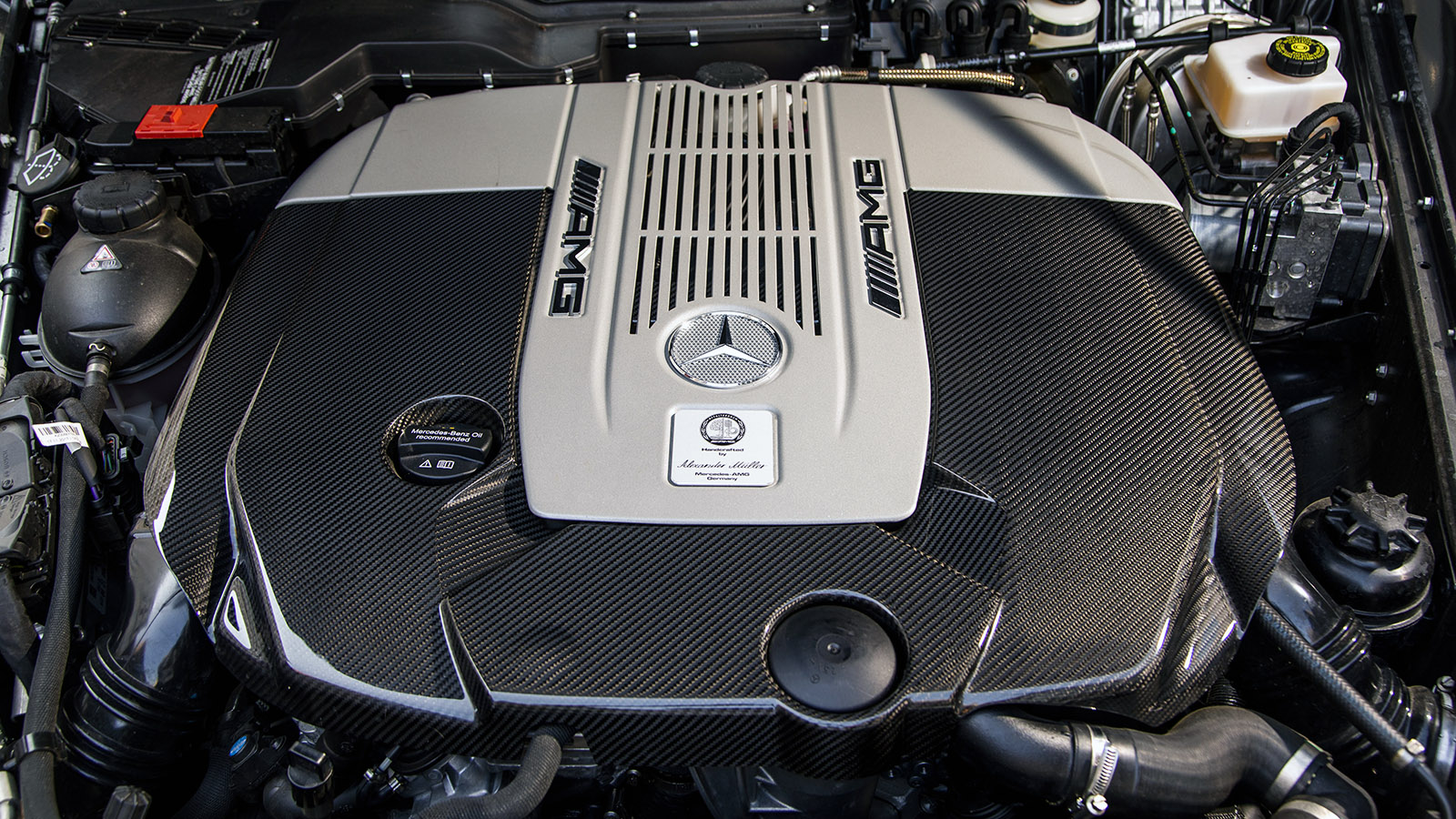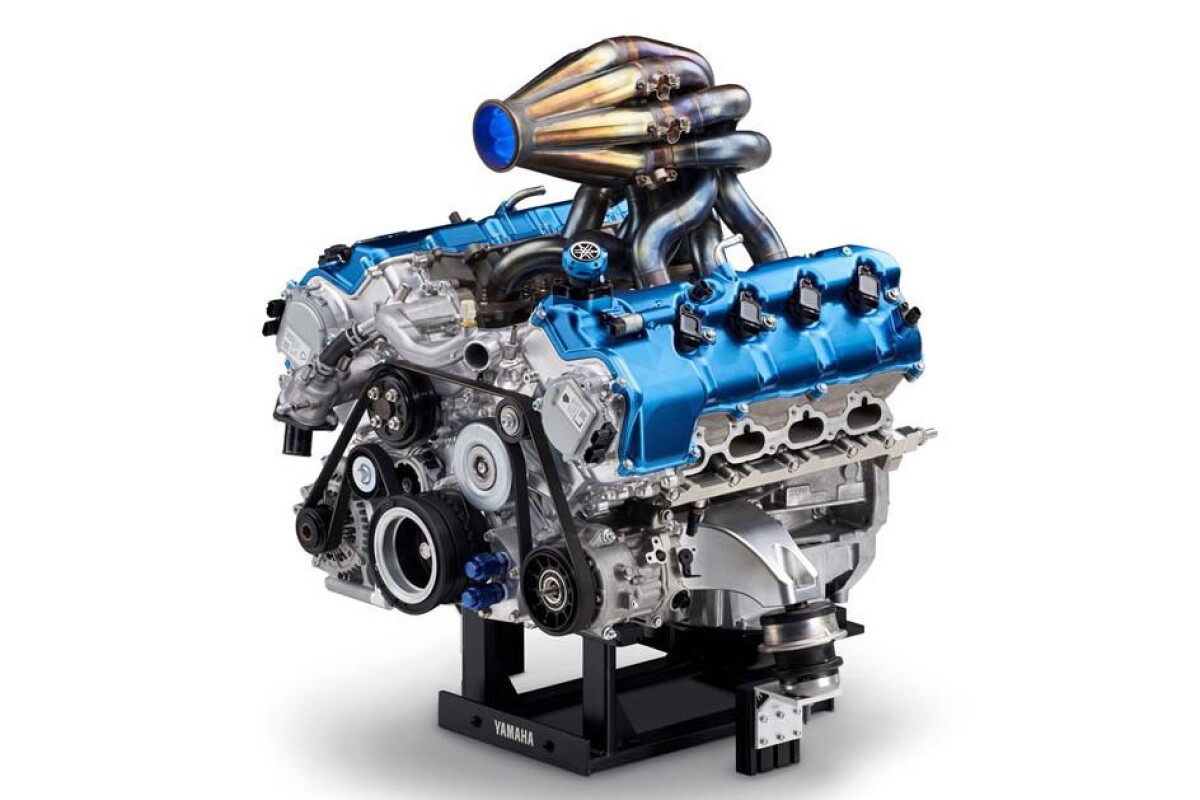Making Sure Long-Term Efficiency with Engines For Africa Products
Making Sure Long-Term Efficiency with Engines For Africa Products
Blog Article
Check Out a Wide Range of Engines for Every Lorry and Purpose
The automobile landscape is progressively intricate, with a varied variety of engine types designed to fulfill particular efficiency and performance requirements across different automobile categories. Additionally, heavy-duty engines offer the demands of job cars, while green choices are getting grip in the pursuit of lasting transport.
Types of Automotive Engines
Automotive engines can be categorized into a number of distinct kinds, each designed to meet details efficiency and efficiency needs. The most common classifications include internal combustion engines, electrical engines, and crossbreed systems.

Electric engines, on the other hand, operate on electric power saved in batteries, supplying instant torque and zero emissions. These engines are becoming significantly popular due to advancements in battery technology and the growing focus on sustainability.
Hybrid systems incorporate both inner combustion and electrical engines, allowing cars to enhance gas efficiency and minimize exhausts by effortlessly changing between source of power. Each engine type provides its negative aspects and benefits, affecting elements such as vehicle design, meant use, and market demand. Recognizing these distinctions is critical for suppliers and consumers alike when selecting the suitable engine for their details requirements.
Performance Engines for Sports Cars
Efficiency engines for cars are specifically crafted to deliver improved agility, power, and speed, setting them apart from common vehicle engines. These engines typically make use of sophisticated technologies such as turbocharging, supercharging, and variable valve timing to make the most of effectiveness and responsiveness.
Commonly, efficiency engines are created with higher compression proportions, which permit better energy extraction from gas. This leads to excellent horsepower and torque numbers, allowing rapid velocity and higher top speeds. The lightweight materials used in these engines, such as light weight aluminum and carbon fiber, contribute to decreased general lorry weight, improving handling and ability to move.
Engine arrangements like V6, V8, and even hybrid systems prevail in efficiency cars, each offering distinct advantages in terms of power distribution and driving characteristics. The tuning of these engines is additionally vital; several makers enhance the engine administration systems to offer an exhilarating driving experience, typically consisting of sport modes that change throttle feedback and gear changes.
Effective Engines for Daily Commuters
In the realm of everyday travelling, efficient engines play a crucial role in optimizing gas economy and reducing discharges while offering reputable efficiency. As metropolitan populations expand and ecological worries magnify, the need for automobiles outfitted with reliable powertrains has actually surged.
Modern engines developed for daily travelers commonly include modern technologies such as turbocharging, direct gas injection, and crossbreed systems. Turbocharging boosts engine effectiveness forcibly more air right into the burning chamber, allowing for smaller, lighter engines that do not endanger power result. Straight gas shot enhances fuel atomization, causing better combustion and increased effectiveness.
Crossbreed engines, incorporating inner burning with electrical power, additional boost gas economic climate, particularly in stop-and-go website traffic, where standard engines can experience ineffectiveness. Electric motors assist during acceleration and can operate separately at low speeds, lowering overall fuel consumption.
In addition, improvements in engine management systems and lightweight materials add substantially to efficient engine design. By focusing on performance, longevity, and environmental sustainability, suppliers remain to supply engines that not just satisfy the needs of everyday travelling however also straighten with international efforts to minimize carbon impacts.
Heavy-Duty Engines for Job Cars
Durable engines for job lorries are regularly engineered to supply phenomenal torque and dependability under demanding conditions. These engines are designed to do in settings where traditional engines may falter, such as construction websites, logging procedures, and agricultural look at this web-site settings. The main emphasis of durable engines is their capability to produce high degrees of power while maintaining toughness over extended durations of procedure.
Generally, durable engines utilize sophisticated products and durable construction strategies to endure the rigors of heavy work. Features such as enhanced cyndrical tube blocks, enhanced cooling systems, and progressed gas injection technologies add to their efficiency. These engines typically run at reduced RPMs, which here helps to enhance fuel effectiveness while giving the essential power for lugging and transporting.
Along with mechanical robustness, durable engines are commonly geared up with sophisticated electronic control systems (ECUs) that manage efficiency, exhausts, and diagnostics. This combination permits far better tracking and upkeep, ensuring that work vehicles continue to be operational and reliable.
Eventually, heavy-duty engines are an essential component in the efficiency of different industries, giving the needed power and dependability to take on the hardest of jobs.
Eco-Friendly Engine Options
The growing focus on sustainability has actually led to the growth of green engine choices that focus on reduced discharges and boosted fuel performance. These engines are made to minimize the ecological impact of automobiles while still providing the performance and reliability anticipated by consumers.
Among one of the most noteworthy green choices are hybrid and electric engines. Hybrid engines incorporate standard inner combustion engines with electric propulsion, permitting reduced gas usage and lower greenhouse gas discharges. Electric engines, on the various other hand, run entirely on battery power, producing absolutely no tailpipe discharges and adding to cleaner air quality.
An additional appealing development is the innovation of biofuel engines, which use renewable energies, such as plant materials, to power lorries (Engines For Africa). By making use of biofuels, these engines can minimize dependency on fossil gas and reduced overall carbon footprints

As the automotive market advances, green engine alternatives will certainly play an essential function in driving the change towards more lasting transport remedies.
Final Thought
The automotive market provides a diverse selection of engines developed to meet different lorry requirements and purposes. From high-performance engines that enhance cars capacities to reliable versions focusing on fuel economy for day-to-day travelers, each type serves a specific feature. Sturdy engines satisfy durable work vehicles, while environmentally friendly alternatives, such as electric and biofuel engines, advertise sustainable transportation. This comprehensive variety ensures that all driving requirements are addressed, adding to improvements in automotive technology and ecological stewardship.

Report this page